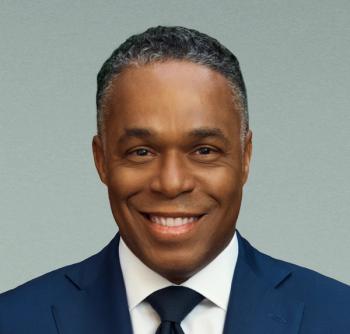
Disappointment with Watson a Matter of Expectations?
An original Healthcare Research & Analytics survey found that many in healthcare know the name, but not the potential.
IBM again posted
Recently, Healthcare Research & Analytics, the research arm of Healthcare Analytics News’ parent company, conducted an exclusive survey of roughly 200 physicians in both private and hospital practice to determine their awareness of various AI technologies from major tech companies with healthcare intentions. Overwhelmingly, fewer doctors reported being “Not at all familiar” with Watson than they did with Morpheo, Microsoft’s Hanover, Intel’s Saffron, or Google’s DeepMind (a thorough overview of the results will be published in our September print issue and online).
Across the board, few physicians were currently aware of AI tech being used in their particular workplace, but the most telling group might have been the second option. Of IBM Watson, 30% of the physicians polled responded that they “Know the name, but do not know much” about it. While simultaneously having the best name recognition and understanding metrics in the survey, it also had the most people who had heard of it but didn’t quite understand it.
Watson roared into the national consciousness with a game show victory and star-studded television commercials. The same expectations followed it into its healthcare forays, with health systems still frequently announcing collaborations with Big Blue’s thinking machine.
It’s these inflated expectations that many are pointing to as the root of recent derision. In Healthcare Analytics News’s
Other figures are harsher. The recent
Though expectations are high and delivery may still remain ambiguous, confidence remains in many minds. Watson’s health partnerships are extensive, and institutions continue to put trust into the effort and share their data with it. This week,
The technology still has the potential to awe, as evidenced by







































